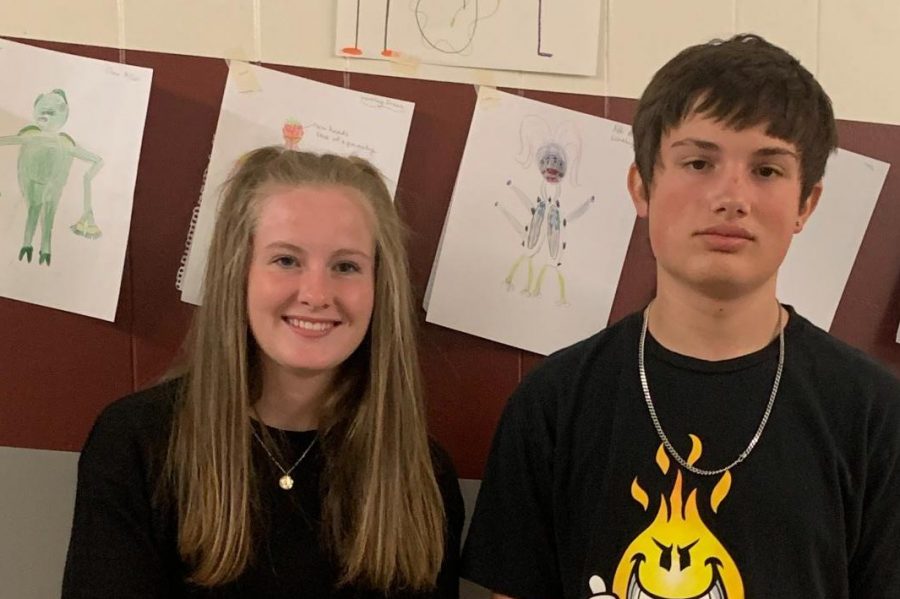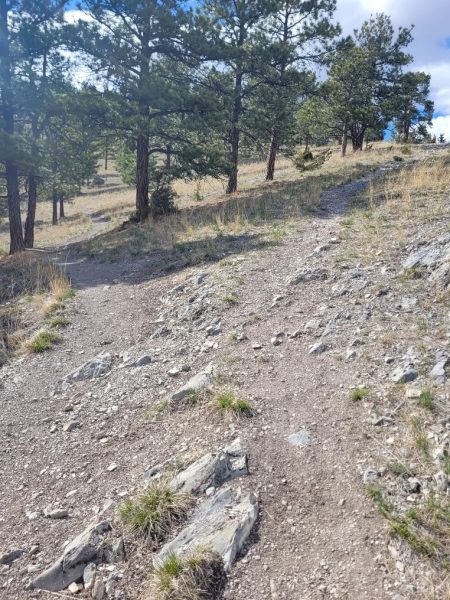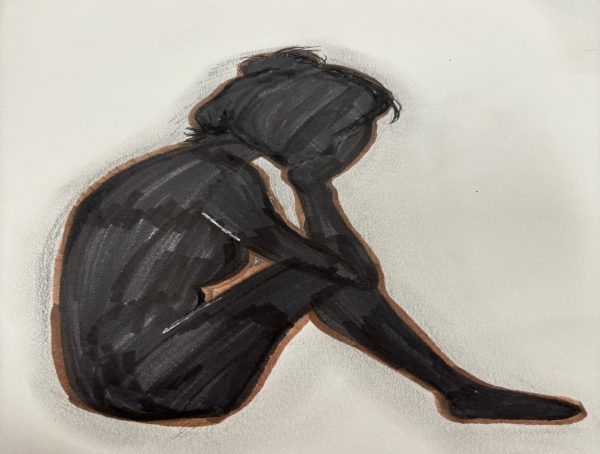In Our Halls
A Mental Health Q&A with Helena High Students
High school: an exciting experience known for being a haven of knowledge and the place where we discover ourselves. High school is home to people aged 14-17 who are all on the same journey. This journey, like any other, has its ups and downs, as the years drag on. The ups include forging life-long friendships, attending sports games, and taking on some adult responsibilities. The downs, however, can include feeling overwhelmed with various tasks and not knowing how to handle complex emotions that arise.
According to the CDC, in 2019, 1 in 3 students reported feelings of despair. One of the most important questions this statistic poses is, how can we improve our mental health and cope when we feel overwhelmed. To talk about these topics, we will be asking students these, and related questions! To get a broader idea of how to achieve this, I have interviewed two students: Matthew Black, Grade 9 and Laurel Maronick, grade 12.
Q: Did Covid help you develop any coping strategies?
Maronick: “I think it helped me prioritize what I need to get done.”
Black: I’m really social and I had to do DLI, so I liked to call and text friends.”
Q: What does your support system look like?
Maronick: “I definitely go to my mom and my dad.”
Black: “Friends and family.”
Q: What do you do to destress?
Maronick: “I watch tv and I knit.”
Black: “I skateboard.”
Q: What is the biggest stressor in your life right now?
Maronick: “Definitely school. It sort of becomes a lot.”
Black: “That’s school.”
As our high school careers progress, we learn what unique coping strategies work for us. Talking is often the first step to making progress. As Mr. Rogers said, “Anything that is mentionable is manageable.” Though the present can be bleak, the future holds promise that we haven’t even considered yet. Everyone deserves to feel loved and experience the positives of high school, but we must help each other because we craft happier memories together.
If you are in distress, reach out to a school counselor or teacher you trust. If you fear you are a danger to yourself, dial 911.







